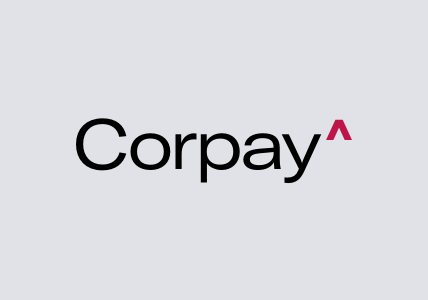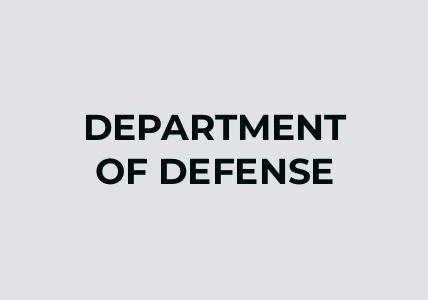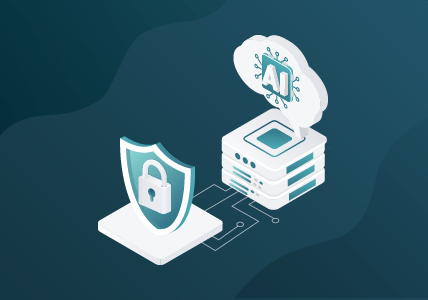Confidence Lost
Perhaps I should have been born the Queen of Dragons. Or, at the very least, in another era. When quills were used to correspond, horses to travel. You know, so long as I didn’t have to give up penicillin or my dental hygienist.
This penchant for the past (and, if you know me, anything equine-related) is probably why my grandfather loved telling me stories about the last horse-drawn milk wagon on his street in South Philly. He said the horses were more efficient than the trucks replacing them. They responded to simple start and stop commands. All the milkman had to do was whistle and they would pull up to the next house. No need to climb in and out of a truck. But alas, the milkman (who everyone in the neighborhood knew) is ancient history; he’s been replaced by a nearby convenience store or an as-you-need-it, Uber-like stranger knocking on your door with a delivery from Amazon.
Those were days when life was simpler, maybe slower . . . but maybe also more efficient, safer in ways that we’ve ceased to realize.
Today, we expect ultimate convenience. But at what cost? More and more, I’m left wondering whether modern conveniences—grâce à today’s advanced technologies—are truly worth the risk. Hack after hack, I feel it eroding. And by it, I mean my confidence in our institutions—government, banking, healthcare—and their ability to protect us and themselves.
The conveniences, benefits, and efficiencies of interconnectivity are being undermined by rampant online thievery and data manipulation. Aren’t you getting tired of hacker this and hacker that? Ever think maybe we should all just get offline and bring back the No. 2 pencil?
Then again, on the flipside—and because I’m not a total No. 2 pencil luddite—I will not deny the continued efficiencies and wonders of the Internet. Especially as I was reminded over the holidays with a story from a friend. One who loves to boast about getting all his shopping done online and before the end of November. And one whose wife recently had her purse stolen while out shopping in the brick-and-mortar world.
Of course, no matter how it happens, getting robbed stinks. And while it’s not the best thing that electronic commerce makes it easy for thieves to use stolen cards to buy merchandise from anywhere around the globe, the bright side of it all is that my friend’s wife’s credit card company was on it—pronto! They phoned her within 20 minutes to make sure all the recent transactions were valid, and she was able to hop online and see what had been purchased and where. In her case, she saw that two cards had been compromised. One to buy tires at an auto shop. The other to buy $1,000 worth of lingerie at a department store—but hey, at least the crooks had been thoughtful enough to use a coupon for that purchase. Oh, the humanity.
Point being, she had access to all of the account numbers and details at her fingertips and was easily able to report the transgressions and cancel the cards. She was even able to get her coffee rewards and frequent-movie-goer points transferred to new cards. All because of cyber systems. Ah, the new world isn’t all bad after all.
And still . . . Cyber attacks steal more from us than our data. Again, they steal our confidence, and I think the undermining of this confidence is an aspect of the hacking epidemic that’s worth considering. Once bitten, twice shy. Loss of confidence leads to reluctance and, worse, potential indecision. Of course we want folks to start being more careful, wiser about what they put out there online for the rest of the world. Remember, emails are forever. But where should our confidence (time, energy, resources, money) be placed if, in the end, we continually wind up making ourselves more vulnerable? How do we inoculate ourselves? And what’s it going to take to feel better protected?
How about online systems and IoT devices that are built to be more secure from the get go? Or maybe a security automation process that can help with protecting the multitude of devices coming online? Manual intervention, it seems, is really no longer an option. So 2016.
Originally published in SecurityWeek.








